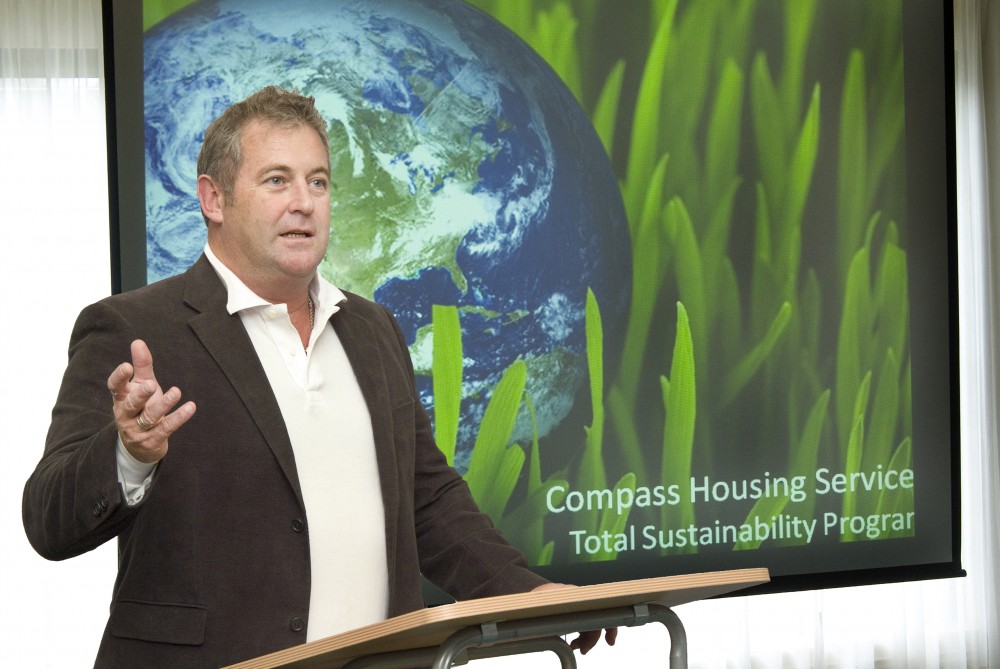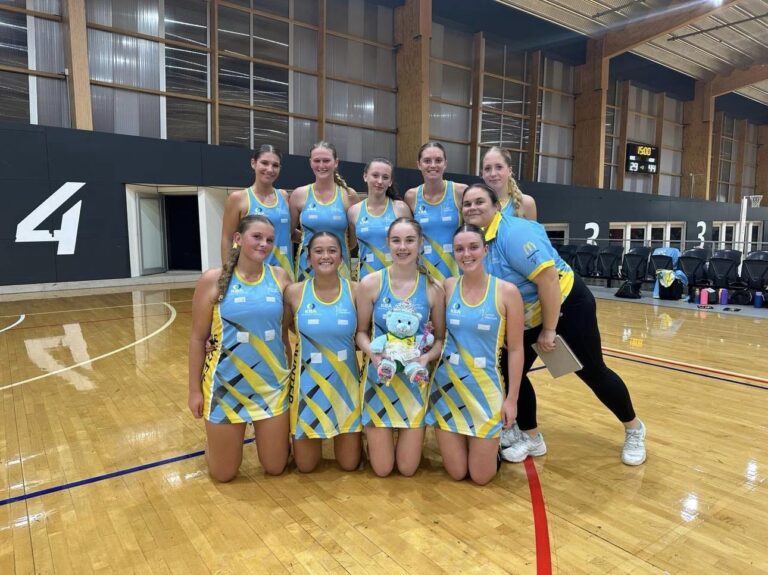Greg Budworth is a leader who’s done a few different and interesting things that you don’t often see on the CV of a CEO. He says his roles as a Police Officer, Minister and Youth Worker all helped the next role and have all been driven by strong desire to protect and make life richer and better for others, particularly the disadvantaged.
The Swansea High graduate has helped to grow a small Hunter-based community housing provider to become the largest in Australia. When he joined Compass Housing Services (then Newmacq) in 2004 it had it had eight staff, one office in Newcastle, managed 450 properties and had net assets worth $1 million. Today has 130 staff, 12 offices, manages 4,300 properties (soon to be around 9,000) and its net assets are $335 million, with Greg as the Group Managing Director.
A believer in learning, changing and hard work, Greg is completing a Doctorate of Business Administration after completing an MBA in 2013. Giving back is another of Greg’s mantras. He has volunteered on the boards of a number of community organisations as well as at the highest level of state, national and international community housing industry associations.

- What path led you to your current role?
My varied roles in the early years of my career all help in my current role. I started working in banking and studying accountancy before joining the NSW Police Force and studying law. I studied to become a Christian Minister and became involved in several boards of organisations running youth refuges and emergency accommodation as well as establishing youth programs and developing new churches.
Over time, I was drawn toward the human services sector and was employed as a youth, drug and alcohol rehabilitation and disability support worker. I completed more tertiary study and rose through the ranks to become Chief Executive of a welfare organisation. In 2004 I accepted the role of General Manager of Newmacq Housing. I’m essentially in that same role although titles have changed to Compass Housing Services and Group Managing Director.
- How do you define the difference between a Manager and a Leader?
Both are essential. There is also a role difference between primary and secondary leaders. A primary leader generates the direction, influences others to follow and maintain that direction and the values of the organisation. They identify and clear away obstacles. Managers coordinate and administer the manifold tasks that accompany any operation.
Secondary leaders generate innovation, influence and voluntarily support the primary leader and, if necessary, influence the primary leader’s departure should they become stale or counter-productive.
- What do you believe makes business in the Hunter unique?
The Hunter’s different perspectives and contrasts means there are business opportunities for everyone here. It is Australia’s sixth largest city so has an urban flavour and lifestyle. Contrarily, it is also a big country town made up of a collection of small towns. It still has a strong, traditional and conservative, values base but has been reasonably accepting of its changing demographics over its history. It is the world’s largest coal exporter but also has vibrant regional industries like wine, dairy and meat production and horse breeding industries. It has natural beauty aplenty and so is growing in its attractiveness to tourists.
- What are your three tips for being an effective leader?
- The clearer the vision, the easier it is to lead.
- Have a realistic plan that moves from strategy to operational outcomes so that secondary leaders and managers know what they need to achieve to contribute to the whole.
- Accept that the pathway to success is seldom the same as the pathway of least resistance. Courageously prepare for blows, risk, disappointment, tough actions as well as the occasional accolade that may come your way.
- If you could change one thing about your industry, what would it be?
Social and affordable housing has been stigmatised for generations. While a very small percentage of subsidised housing tenants do the wrong thing, the vast majority are just your average Australian citizen that, for one reason or another (often tragic circumstances), just can’t afford to live in the private rental market.
There needs to be some very strong policy and structural adjustments to social and affordable housing by government. The lack of such is contributing to the residualisation and marginalisation of our tenants and costing the entire community.






